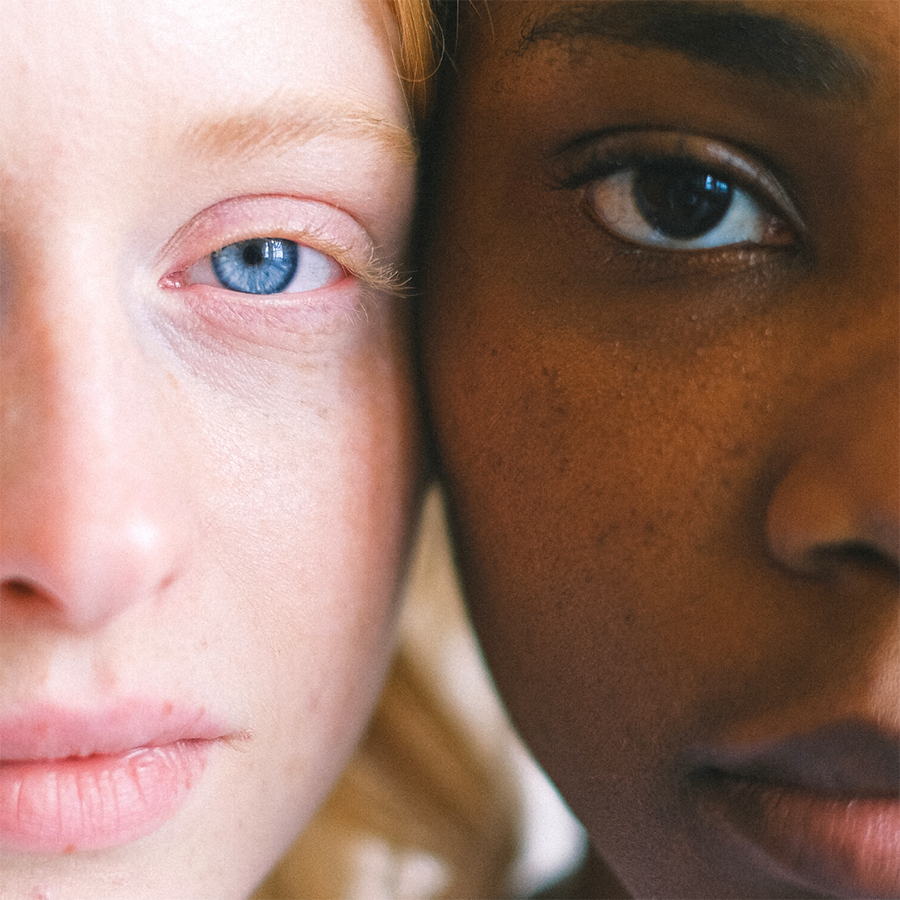By Kristen Donia —
What do you feel when you see someone who is a different size than you? Be it bigger, smaller, shorter, taller, what do you feel? Does pity come up? Does envy knock at the door? Are you immediately critical of the lifestyle choices of that person?
We often discuss checking in with ourselves, as seeing what our needs are is an important part of living intentional lives. However, how often do we check-in on the feelings of another? How aware are we of our body language as well as what we say when we encounter someone whose life differs from ours?
Many political and social differences aim to tear us apart. Creating animosity where there could be peace, chaos where there could be resolution.
Holding space, meaning, allowing others to be and exist just as they are is an important, essential, and yet not inevitable right in these times. Racial, sexual, and size discrimination and violence happen more often than we care to admit.
These are the polarizing parts of our culture. Ones we often don’t look at. It can be easier to keep our eyes forward rather than look at the tough parts of our society. It can also be a benefit of being white in this country. When doing the work and therefore committing to being antiracist for the equality of us all is essential for lasting change.
Seeing that we were perhaps given distinct opportunities due to our skin color, our often implied sexual preference, and overall appearance. These facts never require us to look at the world through a different lens. A lens that our black friends, gay brothers, and fat sisters face every day. And this short example list does not even include the amazing full scope that is our beautifully diverse population in the United States.
The value must be placed on the right we all have to live exactly as we wish. Fat-shaming happens far too often in our culture, especially on social media. Words that cut like knives, hate that is spread through the mere finger-tappings on a tiny keyboard. It’s not right and it’s not fair. The injustices that many must face.
So, how can we do better? We can be the voice when they have none. We can stand up for those whose voices have been intentionally silenced. We can stick up for them, form forever bonds, committing to learning about their struggle so that not only can we do and be better, but we can spread our learnings to others and, to a new generation. Passing along the change that we wish to be and see in our society. The world is a dynamic place. An ever-changing landscape that is requiring us to stand up for what we believe in. What will you stand for?
***************************************************************************************************************
Kristen Donia is a freelance writer living in a tiny house she built in sunny Southern Oregon. She has a Bachelors Degree in Education and has dedicated her life to studying and writing about empathy, vulnerability and enriching the human experience.

